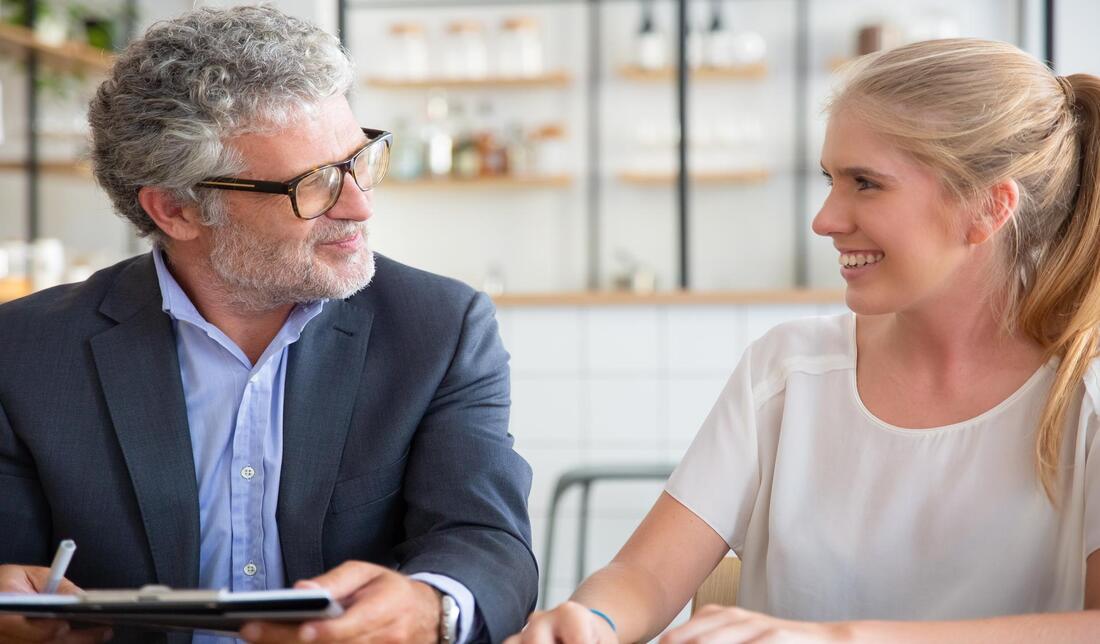|
This short article is dedicated to the mentors of social entrepreneurs who are the target group for the i2SustainIT project that we are realizing together with our partners.
The relationships between social entrepreneurs and their mentors are usually dynamic, personal, and fluid and the decision of an entrepreneur to have a mentor is usually a challenge. Mentors should suit the needs of social entrepreneurs and often must be changed over time. The entrepreneurs can have multiple mentors, a network that they can rely on for different things at different times. Each mentor brings with them a unique perspective, skillset, and history of experiences that the entrepreneur can leverage. We have found during the Impact Investment for Nurturing Sustainability project that “if we create proper support and some additional tools that enhance design thinking skills, abilities, and knowledge of the mentors of social entrepreneurs (facilitators, consultants, trainers, coaches, and investors), then the social enterprises will be able to achieve better impact on their target groups and on solving social challenges”. The design thinking integration into the mentoring process of social entrepreneurs can significantly contribute to one idea for social impact, go to a design of a technical solution and then successfully go to the market. This approach emphasizes the rapid prototyping of a solution for quick feedback and reviews whether to continue with the development or alter specific elements to adjust to what actually needs to be addressed. As Tim Brown from IDEO has defined, „design thinking is a human-centered approach to innovation”. For mentors design thinking is a mentee-centered, creative, and collaborative problem-solving methodology that they can use whilst working with the mentees (social entrepreneurs). It requires a set of attitudes and a way of thinking about the mentors’ own participation in the problem-solving process during peer-to-peer with the mentees. Design thinking for the mentors is an iterative process in which they seek to:
It is also an attempt of the mentors to identify alternative strategies and solutions that might not be instantly apparent with the initial level of understanding of the challenge assumptions the social entrepreneur had in mind. Thus, design thinking is a way of thinking and working as well as a collection of hands-on methods which the mentors have to know and to use in their work. Another finding is that design thinking is an expansive and iterative process. A good mentor should resist the temptation to jump immediately to a solution to the stated social problem as it is proposed by the social entrepreneur. Instead, the mentor first needs to pay attention and spend time determining what the fundamental issue that needs to be addressed is. The mentors' design thinking rule has to be that they don't try to search for a solution until the real problem is determined, and even then, instead of solving that problem, the mentors should try to consider a wider range of potential solutions and share them with the social entrepreneurs. Only then the mentors would validate the proposal of the entrepreneurs as reasonable. Key areas of expertise when mentors of social entrepreneurs perform whilst working with them are as follows:
As the mentors usually work individually with the entrepreneurs like coaches, they need to play all these three roles throughout the process. The mentor usually asks the entrepreneur to check the gathered information at the beginning of the process, to see the visualized ideas and to properly evaluate them, and to understand what solution the entrepreneur came up with to fix the problem. A problem might require many different types of expertise to solve, and many iterations to target the best solution. The mentor, that practices the design thinking approach, is more powerful when he/she has a highly diverse set of perspectives and areas of expertise. Design thinking requires the mentor to understand social entrepreneurs’ researches, to uncover the real needs and desires of the targeted market. In the peer work with the social entrepreneur, the mentor who uses the design thinking approach is focused on the social challenges and the needs of the target groups in general and in particular, on the understanding of the social entrepreneur for them. Then, grounded in research and fueled by creativity, the mentor and entrepreneur together come up with ideas, would create models of those ideas, and test those ideas in a cycle of iteration that moves toward a solution. |
AuthorWrite something about yourself. No need to be fancy, just an overview. Archives
December 2021
Categories
All
|


 RSS Feed
RSS Feed



